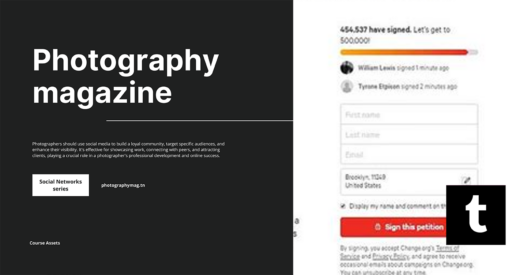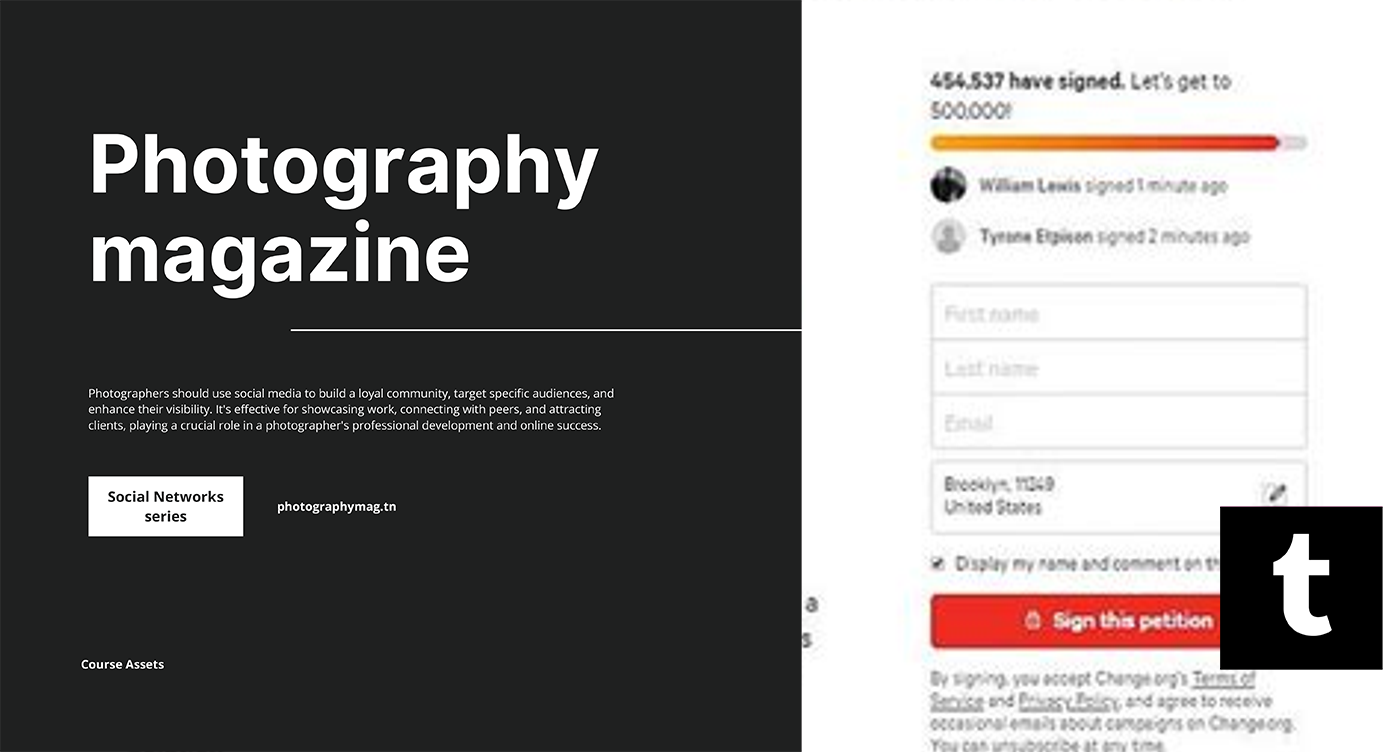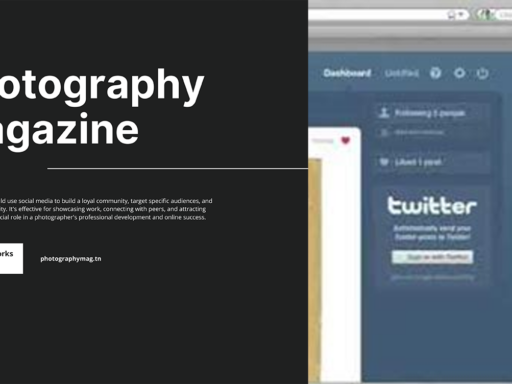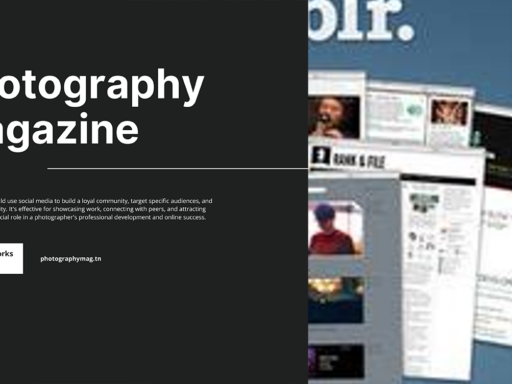After Tumblr slapped a big ol’ ban on adult content in late 2018, things took a dramatic nosedive and not the fun kind you experience on a roller coaster. Picture a packed party suddenly cut short by a tinny voice announcing, “All drinks must go!”—that was the mood on the platform. Users who thrived on creative expression suddenly felt like they’d been tossed into a digital purgatory.
Let’s break it down a little. First off, the ban created utter chaos, like trying to herd cats through a maze. Tumblr relied heavily on automatic filtering systems to keep the naughty stuff at bay, but these systems made more mistakes than a novice DJ at a wedding. Inconsistent enforcement led to innocent content getting flagged alongside the, err, adult material, leaving users scratching their heads, confused and frustrated. Imagine being ghosted by an outdated, overzealous algorithm! User trust plummeted faster than a lead balloon, and user experience? Well, it spiraled right down the drain.
Now, you might think, “Hey, they must’ve raked in the dough with all those clean ads swooping in,” and you’d be partially correct. The short-term ad revenue saw a surprising spike, like a sugar rush from your favorite candy. Brands, eager to associate with a ‘family-friendly’ platform, jumped at the chance. But what the suits failed to consider was that long-term, this decision would turn Tumblr from a bustling virtual bazaar into a ghost town. Users didn’t just quietly accept this new world. They fled the scene, seeking refuge in platforms that valued their creativity, and funny enough, those places often didn’t have near the same restrictions.
By the time February 29, 2024, rolled around, the repercussions of the adult content ban had stitched a long, sad tapestry of decline in user engagement and influence. It was as if Tumblr had decided to become a vegan restaurant in a town obsessed with barbecued ribs—plenty of confusion, lots of lost customers, and a digital landscape that would never quite be the same again. So, the adult content ban? Ultimately a great way to wipe out that unique mix of creativity that made Tumblr such a vibrant and wild online playground in the first place. Who’s in for a round of nostalgic sadness?





